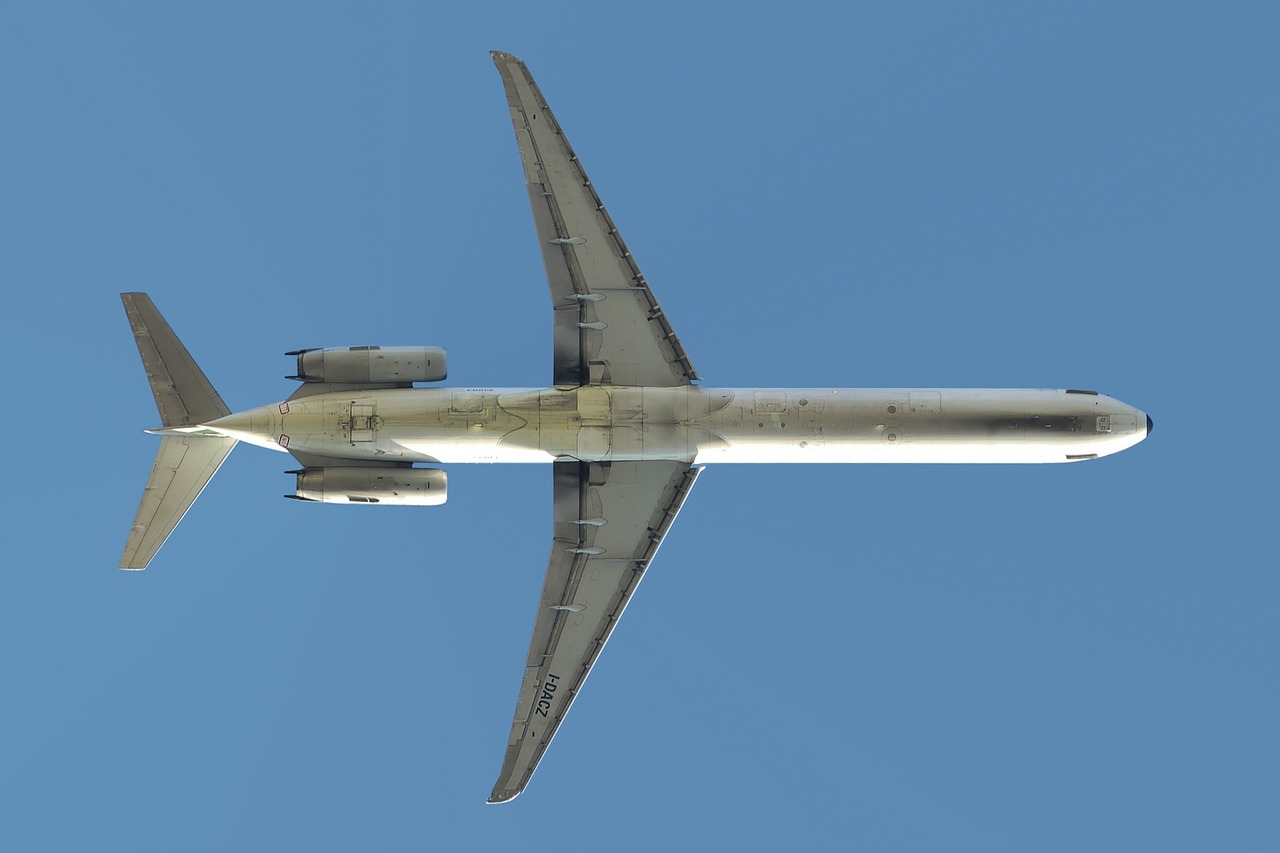GHG Emissions from Civil Aviation: A Goal of Carbon Neutral Growth
The Intergovernmental Panel on Climate Change (IPCC) estimates that global aviation accounts for 2 percent of global CO2 emissions produced by human activity; and approximately 1.3 percent of global emissions. The International Civil Aviation Organization (ICAO) adopted in October 2013 an aspirational goal of carbon neutral growth in net CO2 emissions from international aviation beginning in 2020. ICAO’s Committee on Aviation Environmental Protection (CAEP) estimates that air traffic growth of approximately 5 percent per year will increase aviation fuel consumption between 2.8 to 3.9 times by 2040 compared to 2010 levels, even after accounting for projected annual improvements in aircraft fuel efficiency of approximately 1-2 percent.
ICAO Carbon Reduction Approaches
ICAO identified measures that can help achieve its aspirational goal of carbon neutrality:
- aircraft technologies (e.g. lighter aircraft frames);
- higher engine performance and new certification standards;
- operational improvements (e.g. improved ground operations and air traffic management);
- sustainable alternatives fuels; and
- market-based measures (MBMs).
Market-Based Measures and Carbon Offsets
To complement aviation industry-specific GHG reduction measures identified by ICAO, a global MBM approach called the Carbon Offsetting and Reduction Scheme for International Aviation (CORSIA) will be pursued. A global, harmonized MBM approach that includes high-quality carbon offsets can help achieve ICAO’s aspirational goals at a lower cost and more efficiently than regulatory approaches; and can increase demand for high-quality carbon offsets in order to facilitate greater investment in high-quality, high-impact projects.
What Role Can Carbon Offsets from US Agriculture Play in Reducing GHG Emissions from Civil Aviation?
High-quality carbon offsets from the US agriculture sector can help to cost-effectively achieve ICAO’s goals while also benefiting farmers, ranchers, and society. Carbon offsets from US agriculture can:
- provide additional economic opportunities and incentives for US agricultural sector engagement in GHG mitigation opportunities, thus helping to scale agricultural GHG mitigation;
- help to further develop carbon offset markets already under development in the US;
- create a high bar for high-quality, multi-benefit offsets within CORSIA;
- scale the delivery of high-value land-based offsets that provide multiple benefits beyond GHG mitigation, including improved soil health, fertility and productivity, improved air and water quality, improved wildlife habitat, increased soil and agro-ecosystem biodiversity, and opportunities to conserve valuable natural resources in the face of increased scarcity; and
- provide ready, marketable projects, activities and infrastructure for the ICAO voluntary pilot phase slated to be launched in 2021 and operate through 2023.



